To celebrate the Pennine Way's 50th birthday in 2015, Andrew McCloy walked the length of Britain's most celebrated and iconic trail to discover its remarkable story. He found the journey through the wild Pennine hills every bit as exhilarating and rewarding as he'd hoped, not least the opportunity to get away from it all and enjoy some thinking time. There's something genuinely fascinating about the Pennine Way. If a long distance path could be said to work on different levels then this is it. It was the first to be created in Britain and is arguably still the most famous. The long and valiant fight to secure public access to the hills is bound up in its history, while its fluctuating fortunes mirror those of the youth hostels movement, whose assorted buildings still dot the Pennine hills. Our relationship with wild places, the growth of modern recreational trail walking, the impact of our feet on the ground and pioneering moorland restoration work, stand-out characters like the dogged Tom Stephenson and idiosyncratic Alfred Wainwright - all of this is part of the Pennine Way's rich and multi-layered story. 
In a 1971 Pennine Way survey the two overriding reasons people gave for walking the Pennine Way were 'challenge' and 'unique experience'. The report concluded: 'The qualities of the scenery that most appealed to walkers were the wildness and openness of the countryside, and its unspoilt nature... the appeal of 'peace and quiet' could be seen to involve not only a desire for 'solitude' and 'remoteness', but also a desire to escape from everyday life.' 
"Getting away from it all" was a phrase that many Pennine Way walkers used in conversation with me and is clearly an integral part of the path's appeal. Such a simple phrase, too, but such a loaded sentiment. Indeed, today, perhaps more than ever, the Pennine Way continues to give us the opportunity to step off the daily treadmill, slow down and immerse ourselves in the natural environment. Connecting (or reconnecting) with green spaces is ever more important and the Pennine Way, at times so close to large urban areas, allows us relatively direct access to the hills and moors, the big skies and endless horizons, the dreaming room - whether you do it for a few minutes or a fortnight. We need High Cup Nick or Malham Cove or Kinder Scout or the Three Peaks or the Cheviot Hills to stop us in our tracks so that our mouths hang open and we are lost for words. There simply seems to be less and less time or opportunity to do it these days, but the Pennine Way still offers that chance. My own walk along the Pennine Way was both exhilarating and memorable. At times it was certainly challenging - this is a long and strenuous hill walk, after all - but the sense of achievement as you near the end is intense. For me there was a trail walking ambition and the 'once in a lifetime' completion of the country's premier long distance footpath, the Route 66 of my imagination for so many years. But there was something else that was becoming apparent as I strode through the hills of northern England for a third week. It was less tangible than the more obvious motivation of challenge or ambition, not easy to articulate, but the experience of walking the Pennine Way was taking me not just to Scotland but also to somewhere else entirely. It was bigger than me, happening on a different level, and it could only be felt and not simply done. This extended, measured walk through the hills was giving me the time and space for quiet and prolonged introspection. I found myself reflecting on so many things, including who I was (or thought I was) and what was important to me. I hadn't necessarily found any clear answers yet; perhaps they wouldn't all come and maybe it wasn't even necessary to find them - just contemplation alone was enough.  Steve Westwood, one-time Pennine Way national trail officer, told me how the human body attunes to the rhythm of walking day after day and the benefits this brings. "We are designed to walk and our bodies work a lot better when we do," he explained. "Getting into this daily routine of simply putting one foot in front of the other, amid the fresh air and wide horizons, is a great way of dealing with stress and ordering the mind. If nothing else, it gives you thinking time."
Steve Westwood, one-time Pennine Way national trail officer, told me how the human body attunes to the rhythm of walking day after day and the benefits this brings. "We are designed to walk and our bodies work a lot better when we do," he explained. "Getting into this daily routine of simply putting one foot in front of the other, amid the fresh air and wide horizons, is a great way of dealing with stress and ordering the mind. If nothing else, it gives you thinking time." 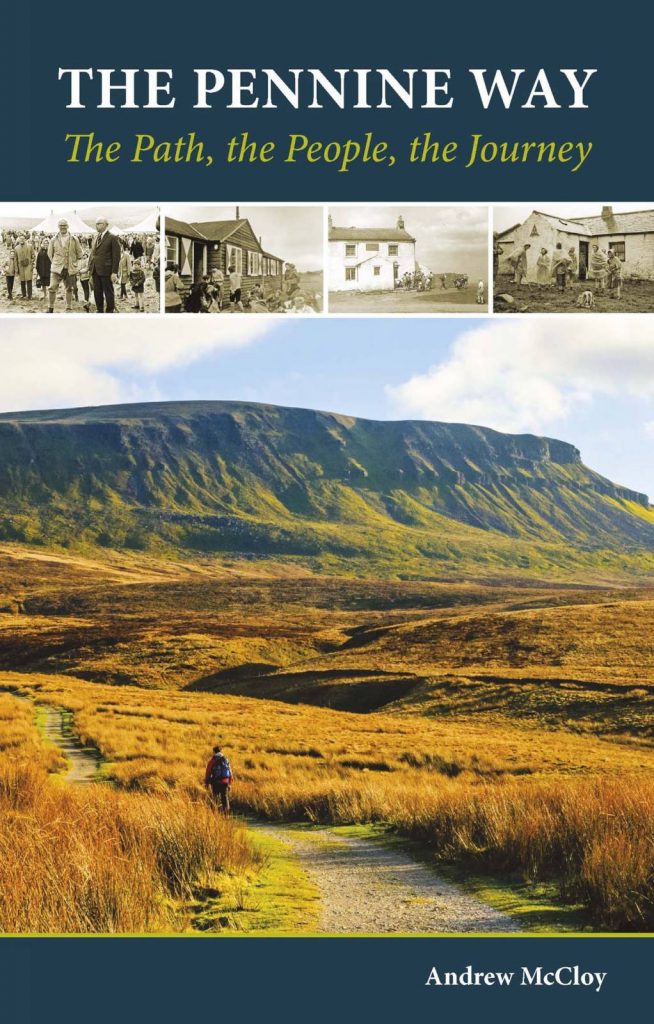
The Pennine Way may push you hard at times, but for half a century this superlative walking trail through some of the most dramatic upland landscape in England has been inspiring walkers and giving them an experience never to be forgotten. The Pennine Way: The Path, the People, The Journey by Andrew McCloy is published by Cicerone at £12.95. Find out more about Macs Adventure's Pennine Way itineraries here.







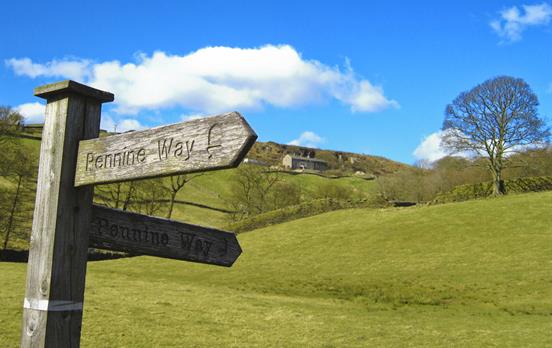
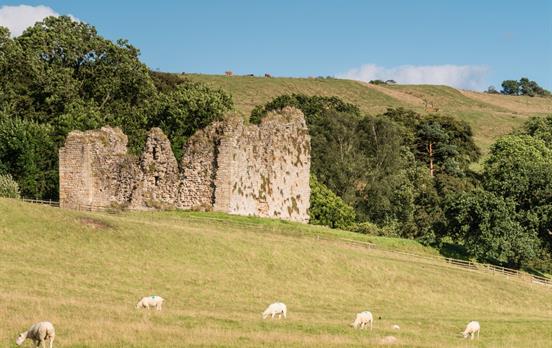
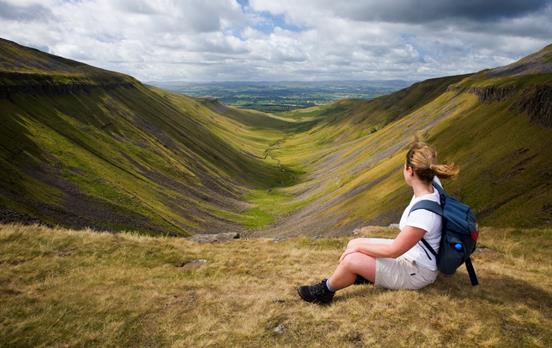
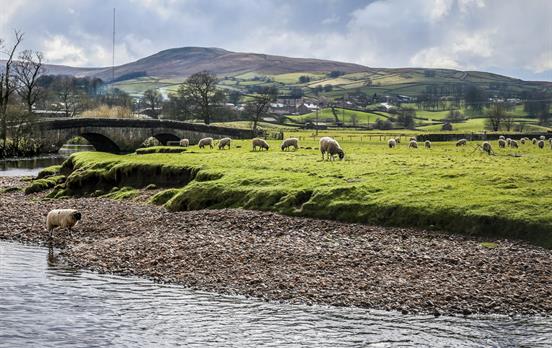
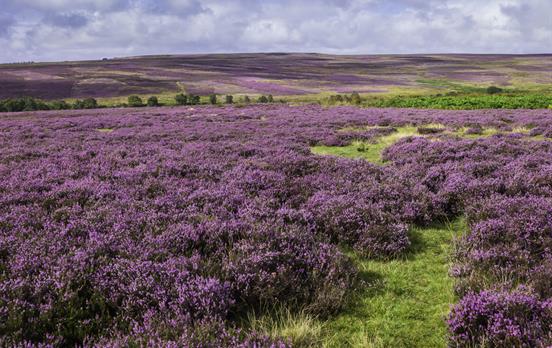
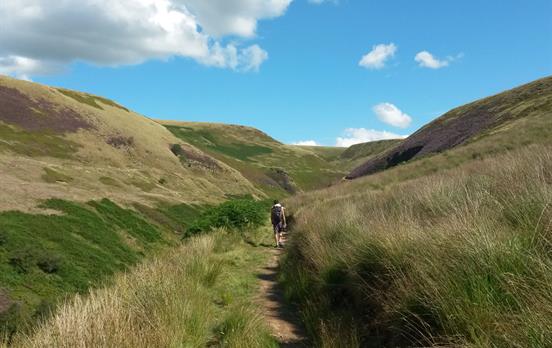
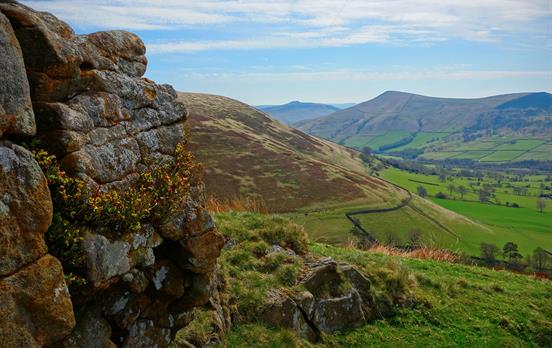

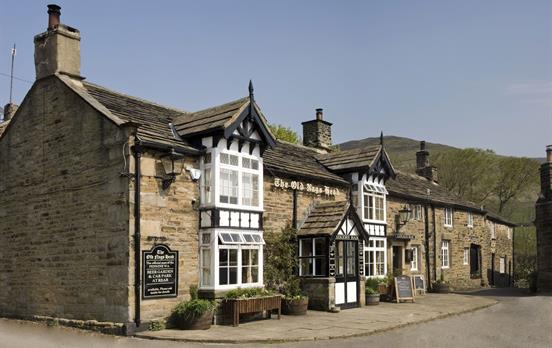
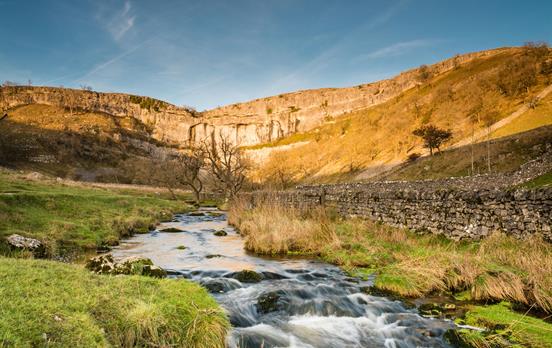
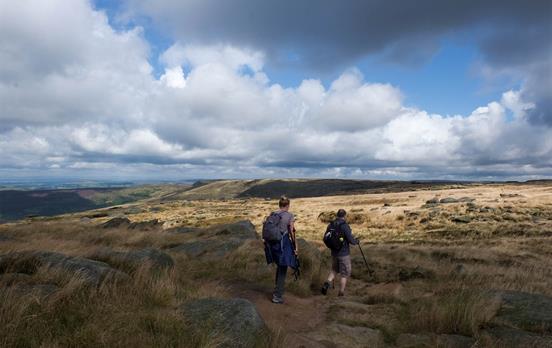
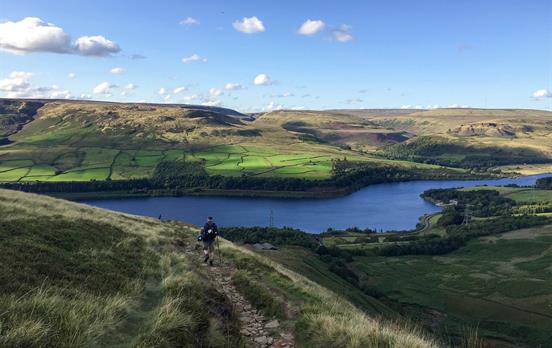

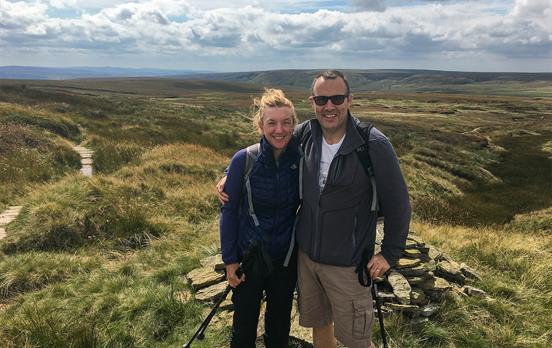
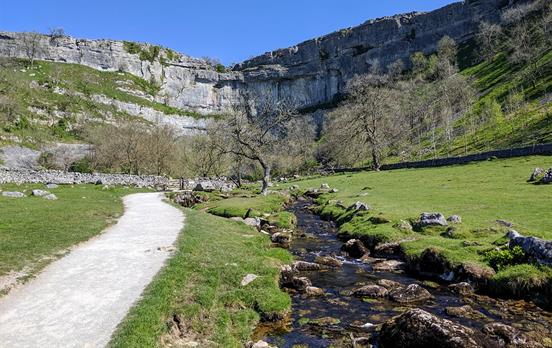
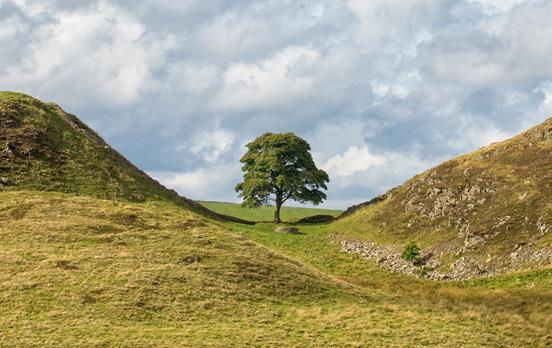

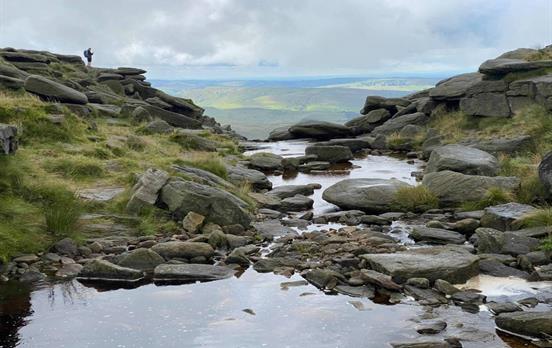
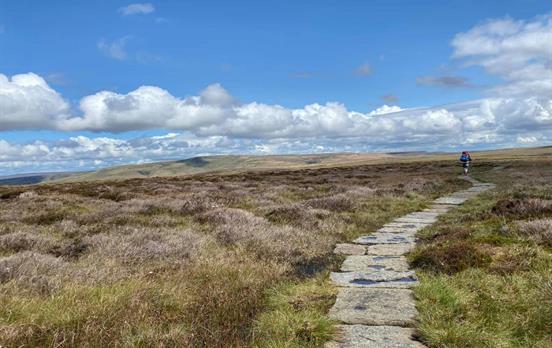
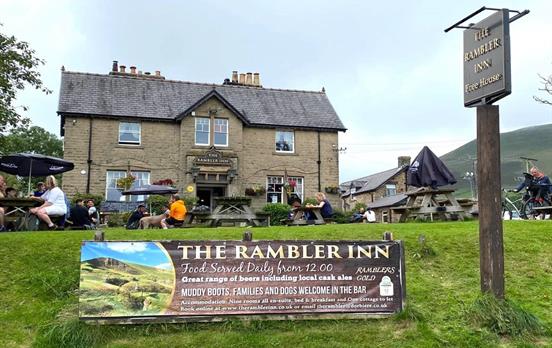
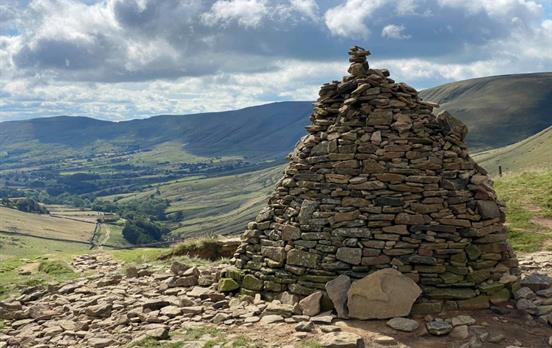
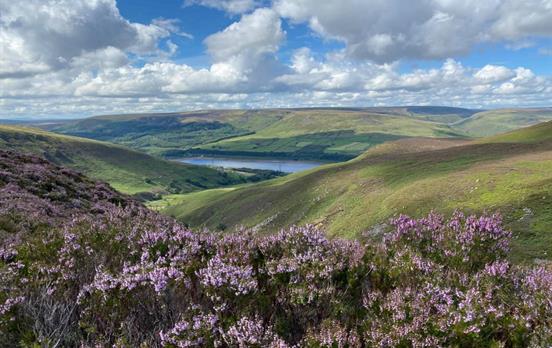
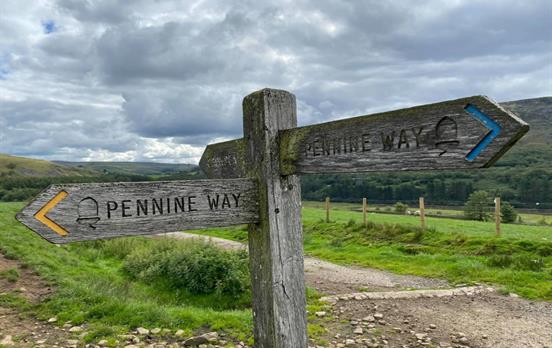
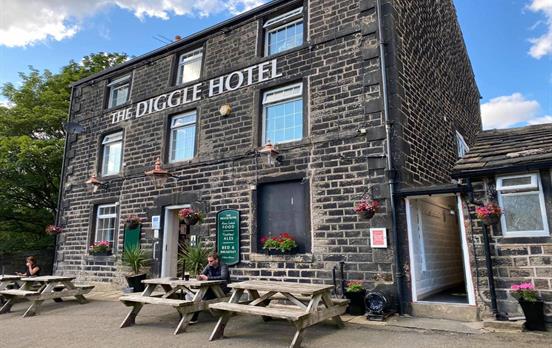
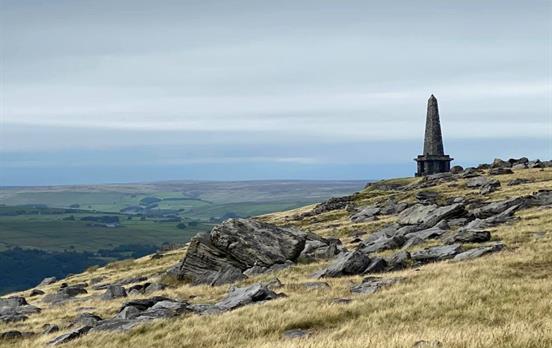
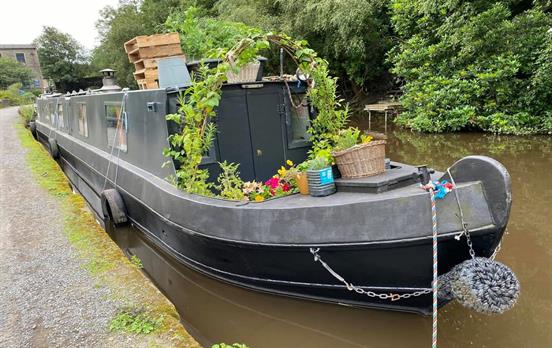
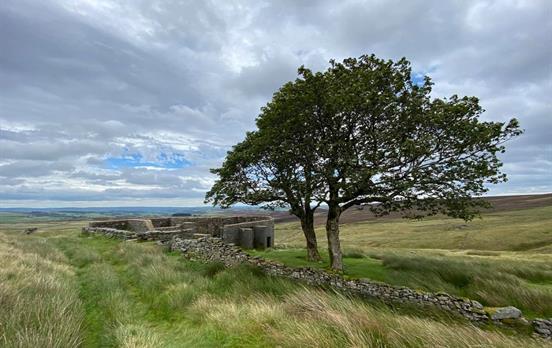
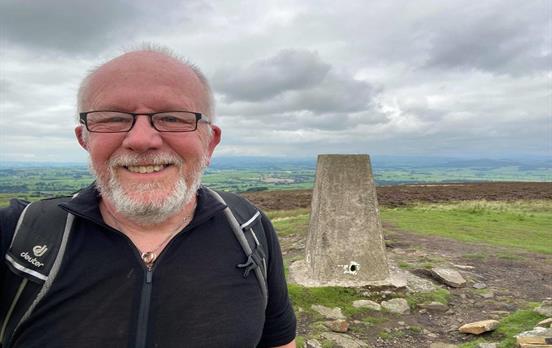
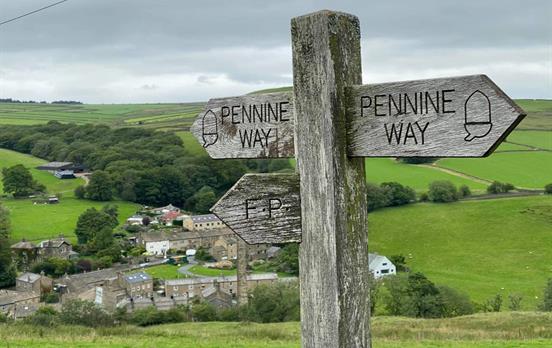

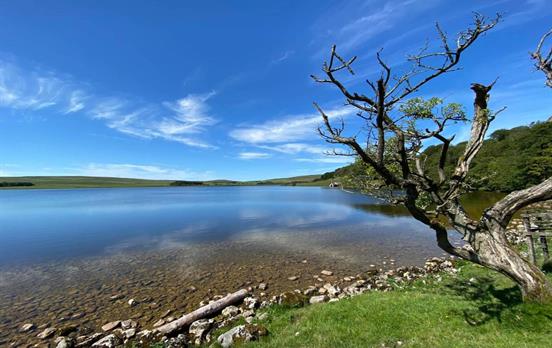
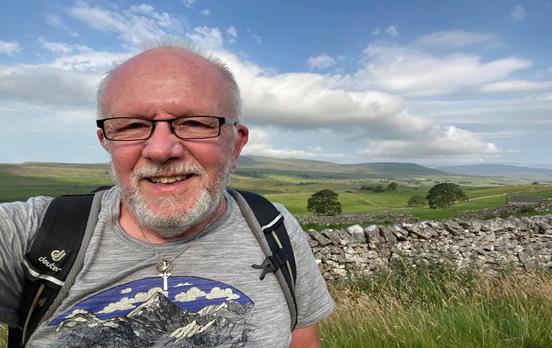
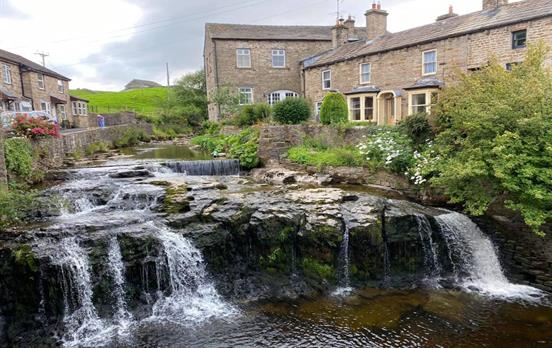
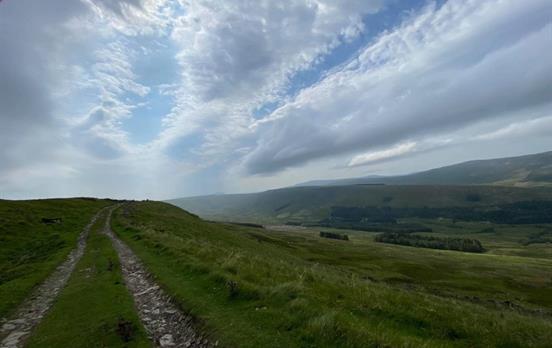

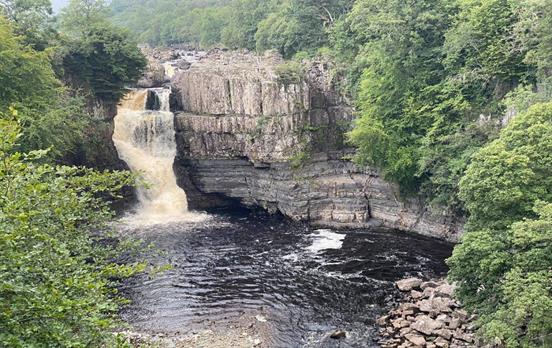
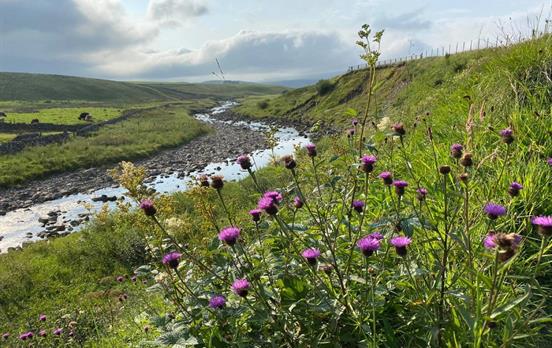

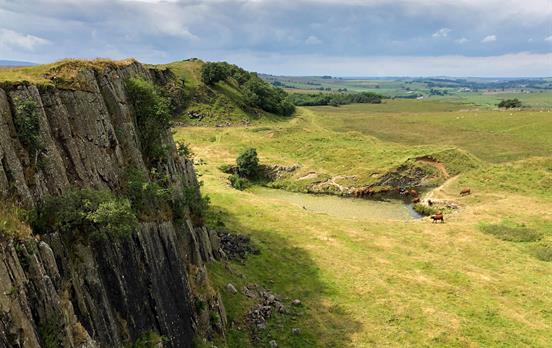
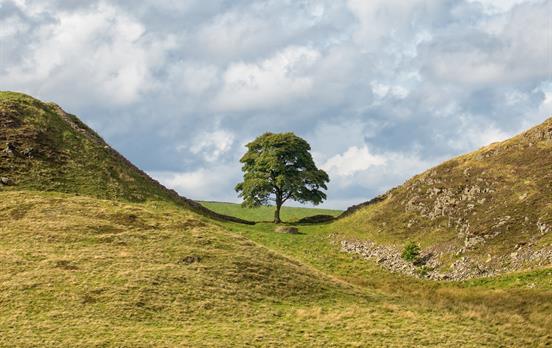
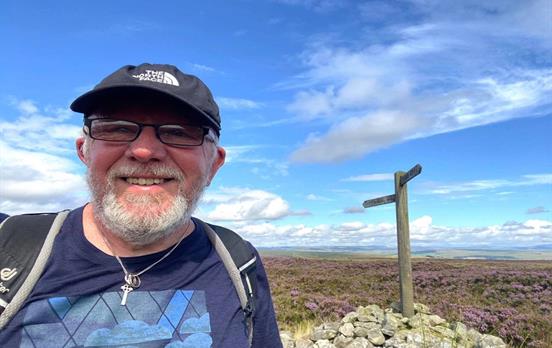
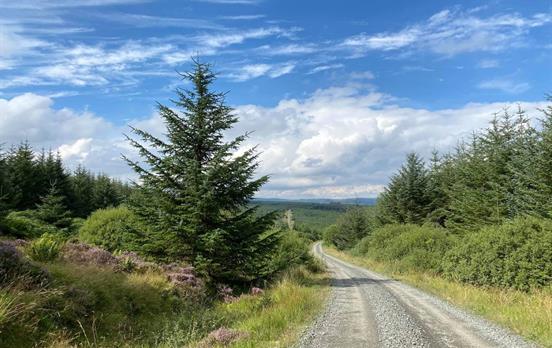

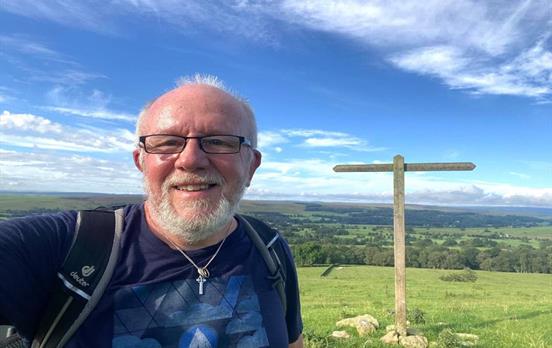
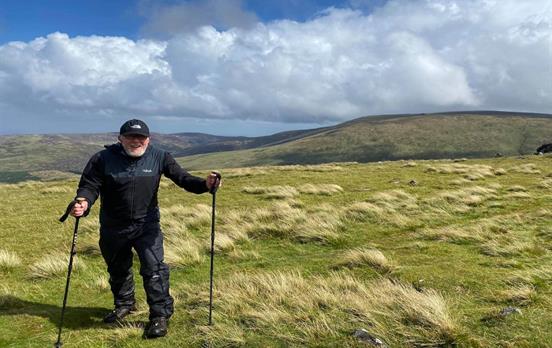
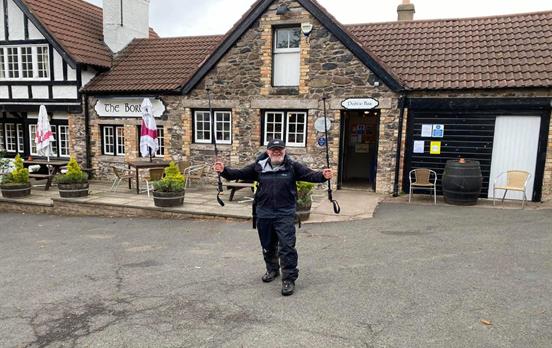


 Australia
Australia New Zealand
New Zealand South Africa
South Africa European Union
European Union